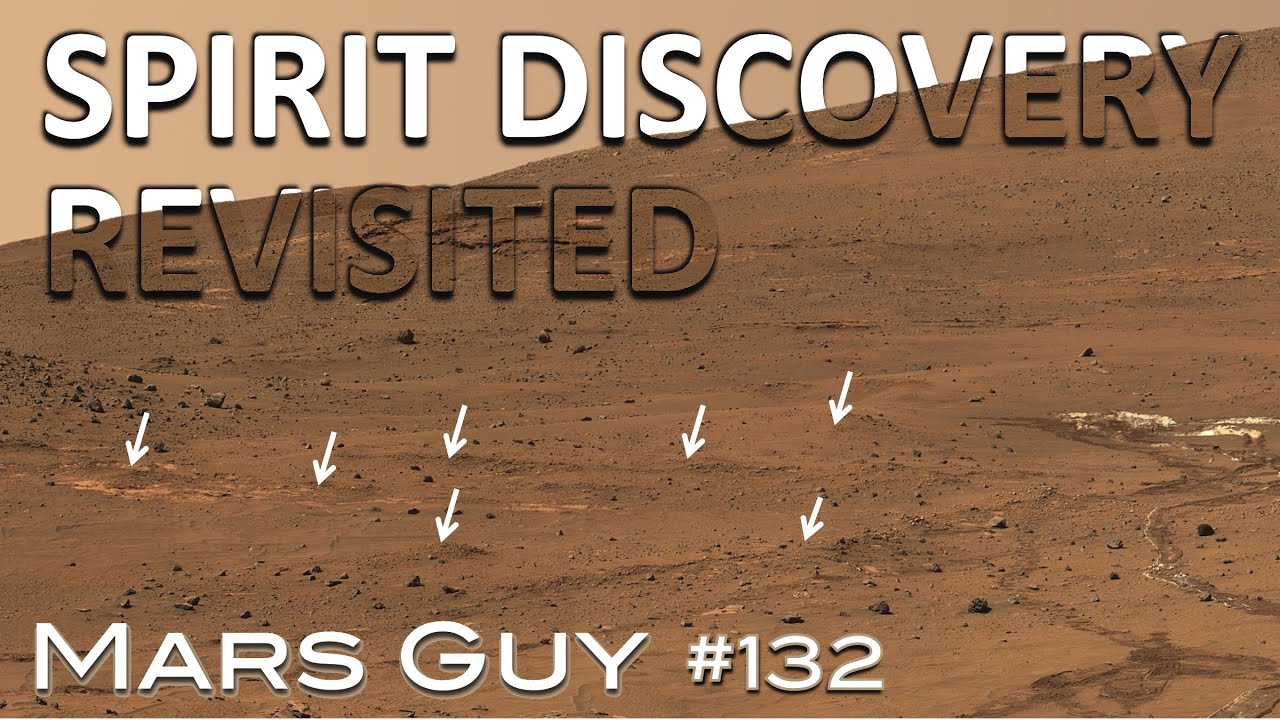

Because it’s very difficult to get things you need to live solely through barter. Many trades are very niche, and an economy that uses money allows those trades to continue being viable parts of society.
Like, think of plumbing. If everything goes well, you don’t need a plumber. But when you do…you really need it. Now imagine being the plumber who wants some bread and eggs but the farmer has no problems currently that needs the plumber’s skills. Plumber can’t eat, leaves profession, there’s now no plumber when the pipes do break.
Obviously, the next thought here might be, “Well, why doesn’t the plumber say if they get eggs and bread now, they’ll come and fix your toilet later if needed?” But that sort of re-invents credit, right? “I’ll trade 3 future plumbing problems for 3 boxes of eggs now.” If you have that, why not money?
So basically, money is very useful. It can be traded for many things you otherwise wouldn’t be able to get if you were only able to offer as barter a specific item that might be rejected by the other person you want to barter with. Money is a “universal” trade good, and it’s also easy to store (you don’t have to have lots of physical room to store your Universal Trade Good).
The BEHAVIOR of people surrounding this very useful thing can absolutely be suspect, depending on the person (greedy sociopaths hoarding wealth)–but that’s a human thing, not because money is innately a bad thing. It’s a social problem, not a technology problem. You could totally have a greedy hoarder storing up a non-money trade item too…see people and toilet paper/sanitizer during Covid.

















Not from a video game exactly, but in the early days of the internet, I had urges to delete things instead of putting them into the trash.